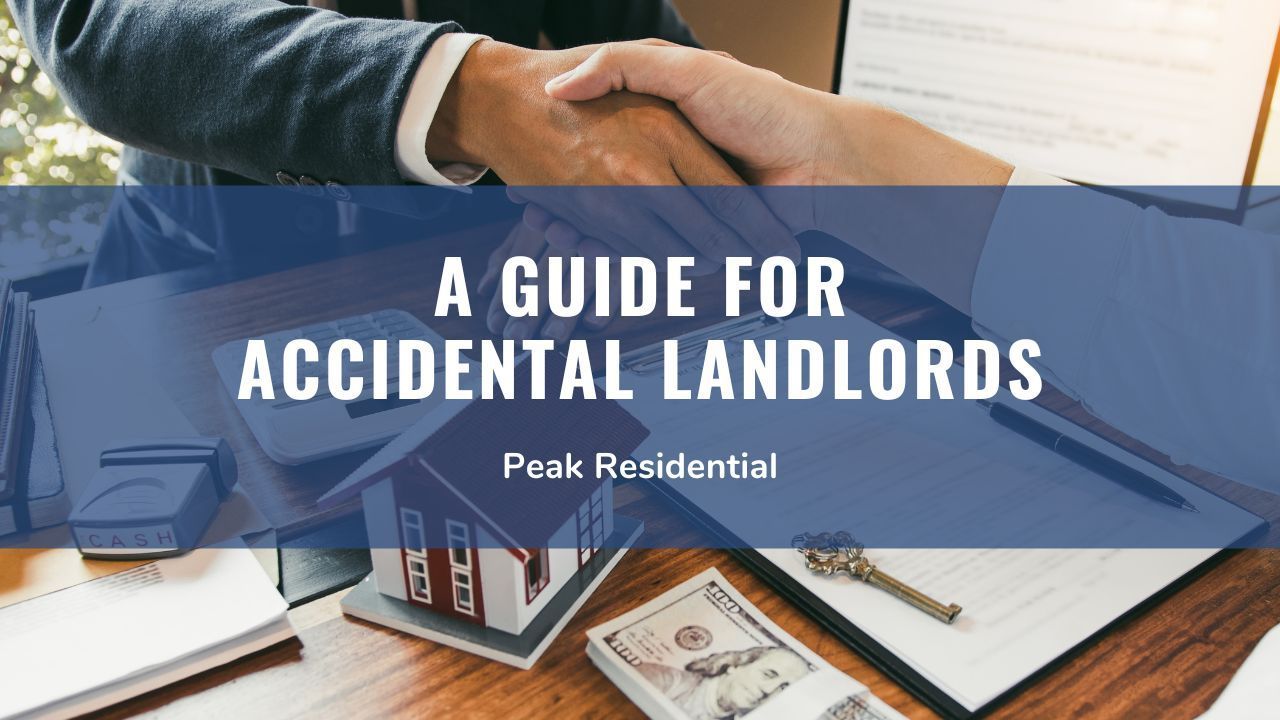Key Takeaways
- Understanding Legal Obligations: Landlords must comply with federal laws like the Fair Housing Act (FHA) and Americans with Disabilities Act (ADA).
- Service Animals vs. Pets: Service animals are not considered pets and cannot be subjected to pet fees, deposits, or breed restrictions.
- Documentation Landlords Can Request: While landlords may ask for documentation verifying a tenant’s need for an assistance animal, they cannot demand detailed medical records or information about the specific condition.
- Balancing Rights and Responsibilities: Property owners must accommodate legitimate service animals while still maintaining reasonable standards.
As a rental property owner, setting your pet policy is entirely within your rights. However, when a tenant asks for an exception due to a service animal, things can become more complicated.
Understanding how to respond to such requests can be challenging, especially since the legal distinctions between pets and assistance animals aren’t always clear-cut.
To handle these requests appropriately, it’s essential to be familiar with both federal and local laws regarding service and emotional support animals. This knowledge not only protects you from legal missteps but also helps you treat tenants fairly and consistently under the law.
In this guide, from
Peak Residential, Inc. we’ll walk you through the key rules, responsibilities, and best practices for renting to tenants with service animals.
Service Animals and Reasonable Accommodation
Federal law, particularly the Fair Housing Act (FHA) and the Americans with Disabilities Act (ADA), requires landlords to allow service animals when a tenant qualifies for what’s known as "reasonable accommodation."
In simpler terms, if a tenant has a documented disability and their animal provides assistance related to that disability, you are obligated to make an exception, even if your property has a strict no-pets policy.
Understanding the difference between a pet and a service animal is crucial. Service animals, particularly those defined under
the ADA, are trained to perform specific tasks for individuals with disabilities. Their essential role exempts the same restrictions or fees as regular pets.
Key Responsibilities for Landlords
One of the most important things to understand is that service animals cannot be treated as pets under your lease agreement terms.

This means you cannot charge pet rent, fees, or deposits for tenants with service animals. Additionally, breed restrictions and weight limits that apply to pets do not extend to service animals.
That said, landlords do have some rights. You may request documentation from a qualified professional confirming the tenant’s disability and the necessity of the service animal. However, you cannot ask invasive questions or demand details about the specific nature of the tenant’s condition.
If a service animal damages the unit or disrupts neighbors with
excessive noise or aggression, you can issue warnings, require corrective action, or begin eviction if needed. You may also charge the tenant for any damages caused, just like with other tenant-related harm.
Additionally, you can request verification that the service animal is healthy and vaccinated. This protects the well-being of other tenants and helps ensure the animal is safe to have in your building.
Understanding Tenant Rights Under the Law
Tenants with service animals or emotional support animals (ESAs) are protected by federal regulations, including the FHA and, in certain cases, the ADA.
These laws are designed to ensure that individuals with disabilities have equal access to housing and are not unfairly discriminated against due to their need for an assistance animal. A qualifying tenant must have a physical or mental impairment that significantly limits major life activities, such as walking, working, or social interaction.

While service animals perform tasks related to a disability, ESAs provide therapeutic benefits simply through their presence, often helping with anxiety, depression, or PTSD.
Although ESAs are not trained to carry out specific tasks like service animals, landlords must still make reasonable accommodations for them under the
Fair Housing Act. However, ESAs are not granted public access rights outside the home, unlike service animals.
What Information Can Landlords Request?
When a tenant requests a reasonable accommodation, you may ask for documentation confirming the disability and explaining why the animal is necessary. This is often in the form of a letter from a healthcare provider or licensed mental health professional.
Remember, you can only ask to verify the disability and need for the animal, not for specific diagnoses or detailed medical records. Requesting more can risk legal trouble, including discrimination claims.
Types of Assistance Animals Landlords May Encounter
There are two primary categories of assistance animals that landlords may need to accommodate:
Service animals
Under the ADA, a service animal is typically a dog trained to perform specific tasks related to an individual’s disability.
Examples include guiding someone who is visually impaired or alerting a person to an oncoming seizure or low blood sugar. These animals are highly trained and have access rights to places where regular pets are not allowed, including rental housing.
Emotional Support Animals (Companion Animals)
These animals are not trained to perform specific tasks but provide emotional support to individuals dealing with mental health challenges.

While they do not fall under the ADA’s definition of service animals, they are covered under the Fair Housing Act. Landlords are expected to allow ESAs in rental units if a tenant can provide proper documentation of need.
Obligations Across Different Laws
Although the ADA and FHA distinguish between service and support animals, landlords must generally accommodate both types within rental housing. The key requirement is that the tenant can demonstrate a verified need for the animal due to a disability.
That said, local and state regulations may impose additional requirements or offer further clarity. For example, some jurisdictions may restrict animal access to certain communal areas like gyms or pools.
Understanding the laws specific to your region can help ensure compliance while preserving your property’s operational integrity.
Practical Tips for Property Owners
Handling service animal requests effectively starts with a clear understanding of your legal obligations. Ensure your lease documents, policies, and staff training reflect up-to-date compliance with the ADA, FHA, and local laws.
Keep a neutral and professional tone when discussing service animals with tenants. Respond to requests promptly and fairly, documenting all communication and decisions. This approach helps
prevent misunderstandings and provides a clear record in case disputes arise.
Bottom Line
Service and emotional support animals provide essential aid to tenants with disabilities. Landlords must understand and honor their legal obligations to offer reasonable accommodations.
Following federal and local laws helps you avoid legal issues while fostering a respectful, inclusive environment. Accommodating assistance animals doesn’t compromise your authority, it ensures responsible property management.
Need help with compliance or policy updates? Contact
Peak Residential, Inc. for expert advice and tailored property management solutions.
















